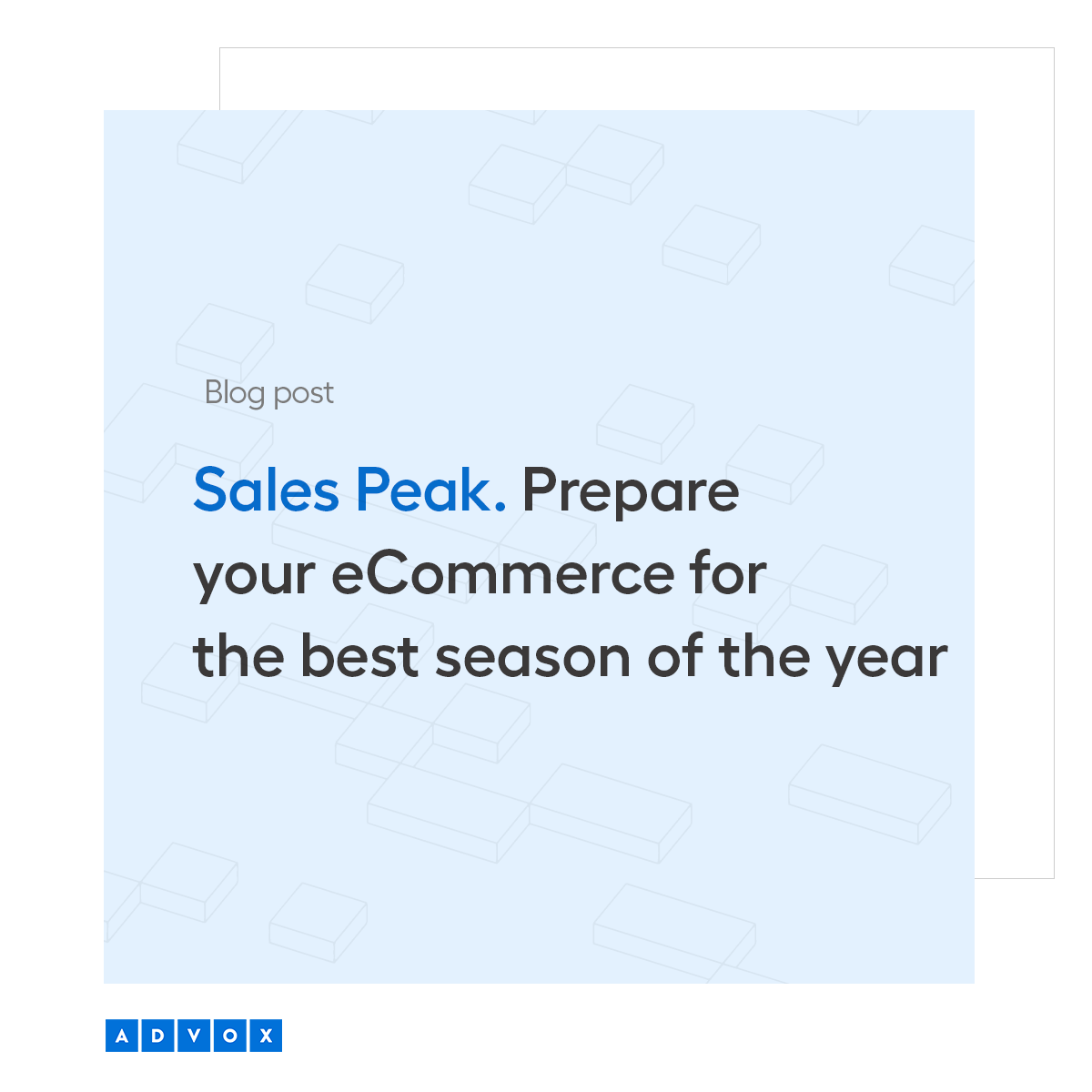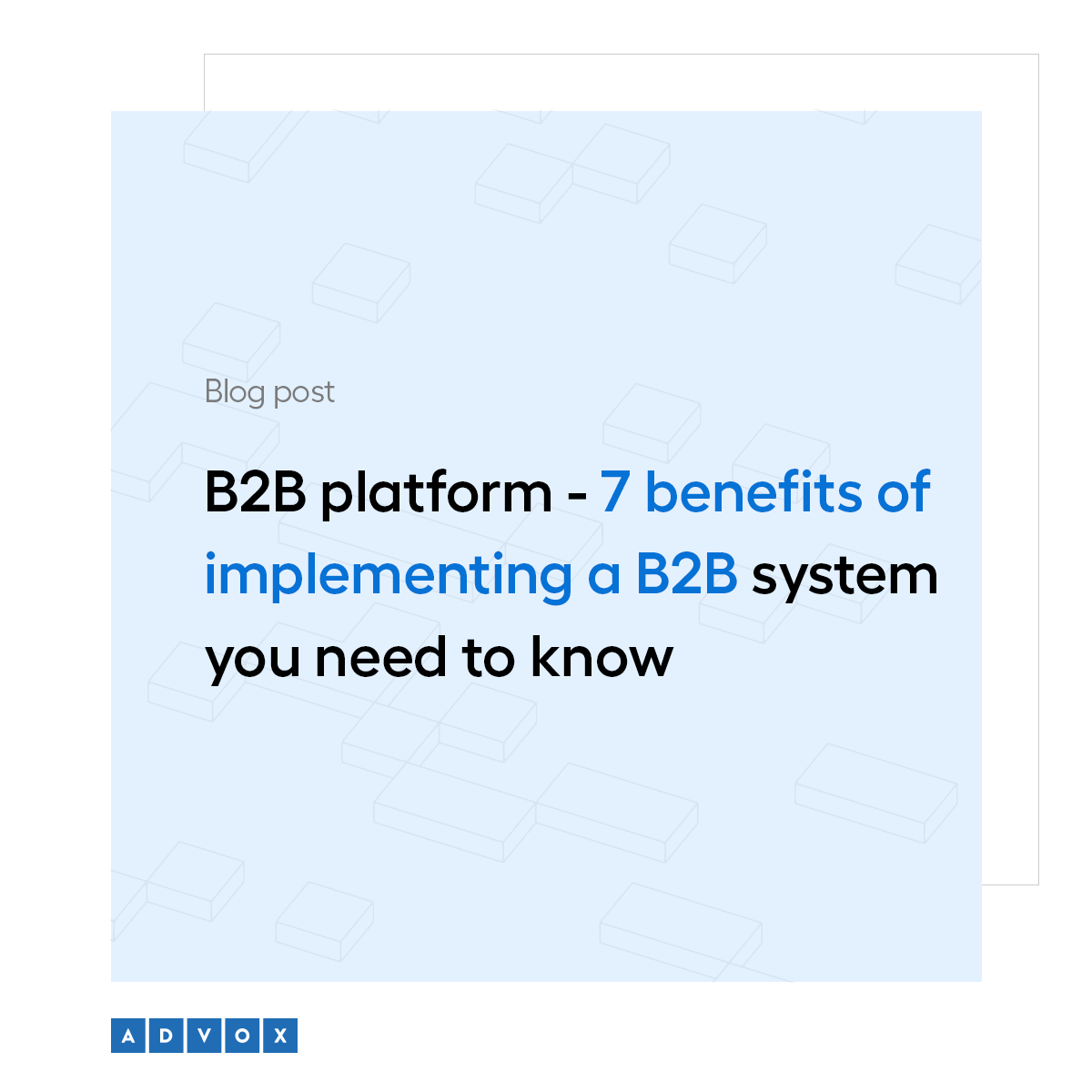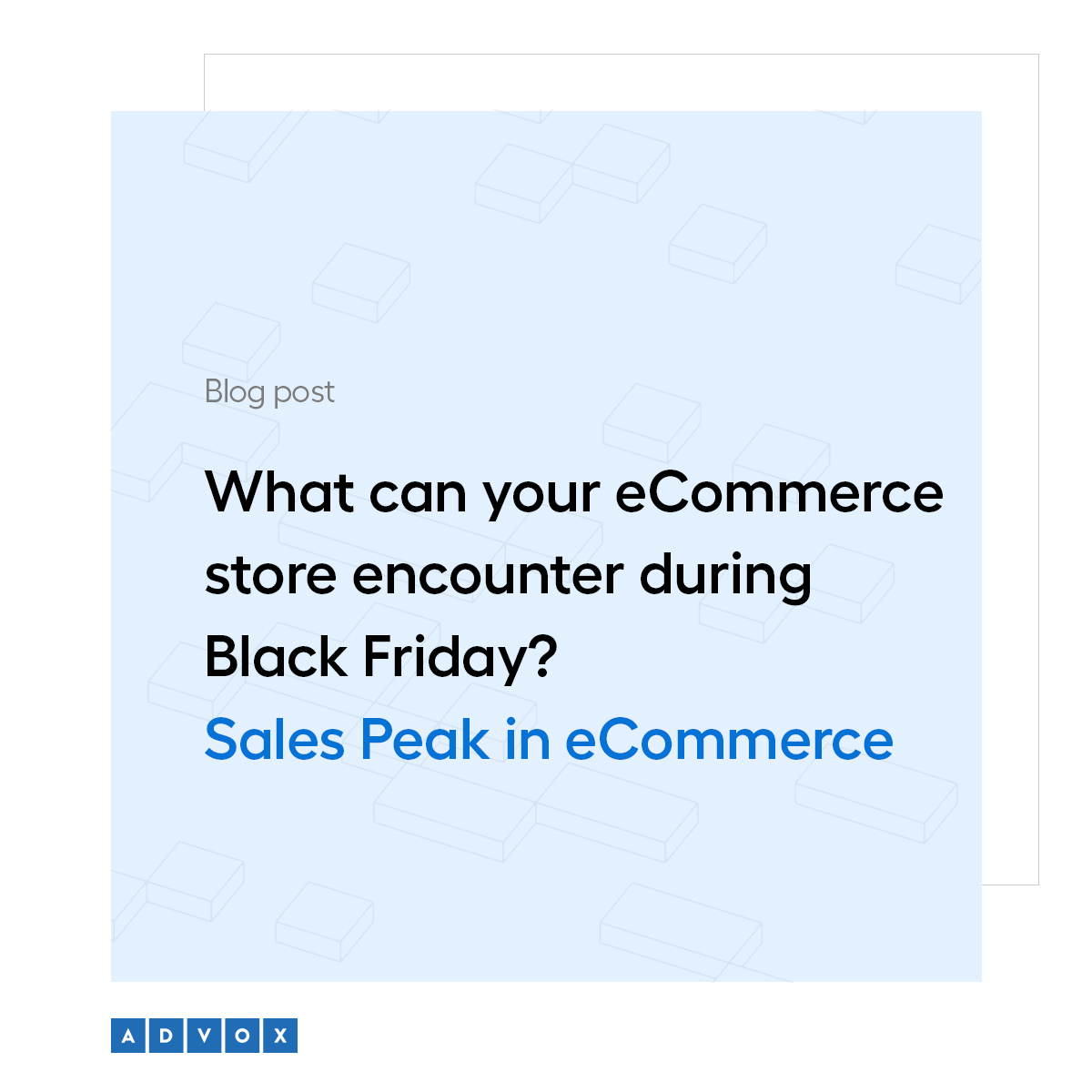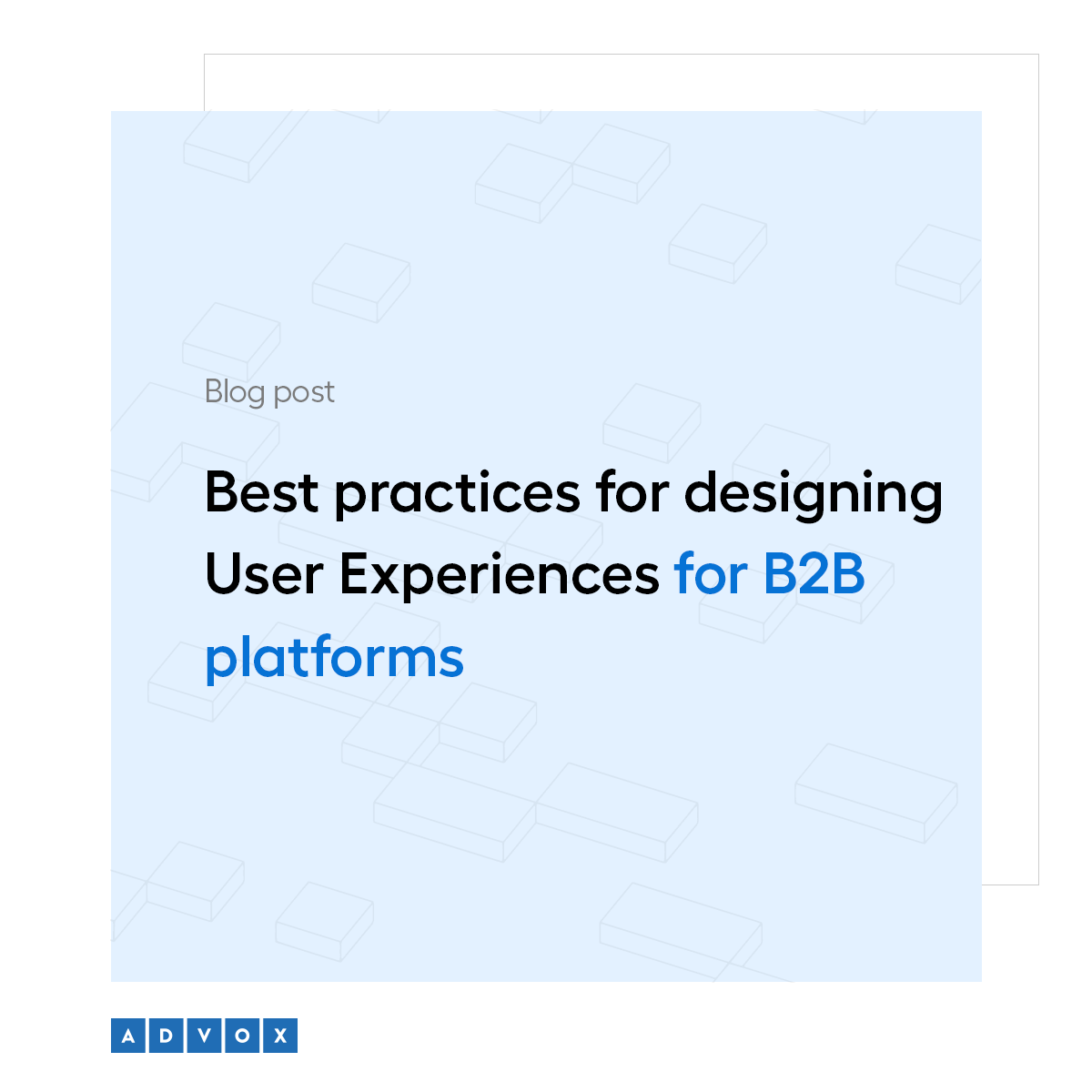Table of contents:
- When is Black Friday 2024?
- Black Friday in the B2B sector – is It worth planning promotions?
- Black Friday for B2B - what to focus on?
- 5 tips to maximise Black Friday potential in the B2B sector
- Black Friday for business – will you make the most of its potential?
Limited-time promotions and special deals create a sense of urgency for buyers. From a psychological perspective, these tactics trigger the FOMO effect (Fear of Missing Out) – the fear of missing a great opportunity. This is one of the key mechanisms behind Black Friday, the biggest shopping event of the year, held annually on the last Friday of November. On this day, both online and brick-and-mortar stores roll out special offers. In 2023, online stores generated over $70 billion in revenue globally on Black Friday alone (according to Sender.net report)!
Black Friday isn't just an opportunity for stores targeting individual customers (B2C) – B2B companies can also leverage it to boost sales and strengthen relationships with business partners. However, it's important to remember that strategies that work well in the B2C space may not be as effective in the B2B context – and that’s exactly what we highlight in this article.
Read on to discover what makes a good Black Friday promotion in business relationships and what to focus on to effectively boost sales during this period.
When is Black Friday 2024?
Social media ads, promotional newsletters, and even street banners – in the last quarter of the year, information about the upcoming Black Friday seems to be everywhere. Often referred to as the festival of consumption, this day originated in the United States but has also found a permanent spot in Poland's shopping calendar. Both brick-and-mortar and online stores compete for customers by creating attractive deals and encouraging larger purchases, often stimulating needs that customers hadn’t noticed before. But when exactly does this day fall?
Black Friday is celebrated every year on the same day – the Friday after American Thanksgiving. In 2024, it falls on November 29. However, promotions related to this day are increasingly extending beyond just Friday – companies are organizing "Black Week," offering discounts throughout the week or even longer.
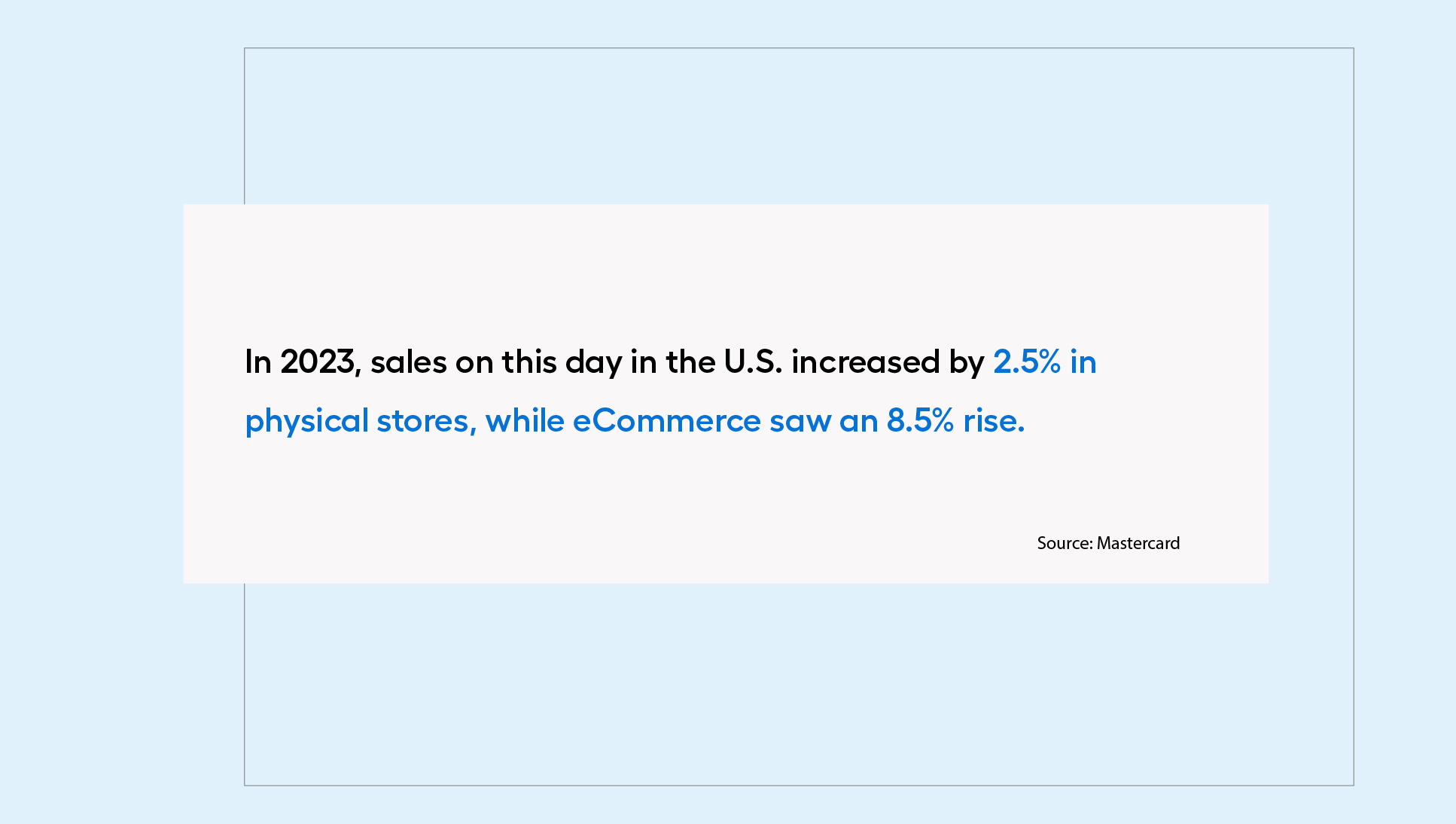
Black Friday in the B2B sector – is It worth planning promotions?
Although Black Friday is mainly associated with consumer shopping, B2B companies can also use this day to boost sales and strengthen relationships with business partners. A key element of Black Friday is limited-time offers, which effectively motivate purchases – a strategy that can be successful in both B2B and B2C sectors. A carefully planned promotional campaign is a great opportunity to offer partners favourable terms of cooperation or encourage them to place larger orders.
It's also worth noting that B2B clients increasingly expect similar experiences to those they encounter in personal shopping – fast transactions, attractive discounts, and exclusive offers. Moreover, 73% of B2B purchasing decision-makers are now millennials – a group well-versed in eCommerce and accustomed to taking advantage of promotions. Therefore, well-prepared Black Friday offers can effectively appeal to them.
Black Friday for B2B - what to focus on?
Business relationships in the B2B sector are significantly more complex than selling to a broad B2C audience. Therefore, when considering participating in Black Friday, it's crucial to tailor your strategy to the specifics of the products you offer and the characteristics of the partners you work with. The best fit for leveraging Black Friday's potential are wholesalers, companies offering subscriptions or licences, or other standard products or services.
However, if you work with companies that make decisions hierarchically or plan purchases well in advance, traditional Black Friday offers may not be attractive enough for them. Such decision-making processes may simply prevent taking advantage of short-term promotions.
Additionally, if you are involved in selling complex or highly specialised products, preparing a personalised promotional campaign can require significant effort, and potential gains may not necessarily justify the costs. Therefore, it's worth considering whether Black Friday promotions fit into your business strategy and meet market needs. Blindly following a trend doesn't always bring benefits, especially if it’s not tailored to the specifics of your business and customer requirements.
5 tips to maximise Black Friday potential in the B2B sector
No business initiative will succeed without a well-planned strategy. So, if you don’t want to rely on intuition and luck, it's essential to know what to focus on to fully tap into the potential of Black Friday. To help you plan and prepare effective promotions, we've put together 5 practical tips that will ensure your efforts deliver the desired results and give you an edge in the B2B sector.
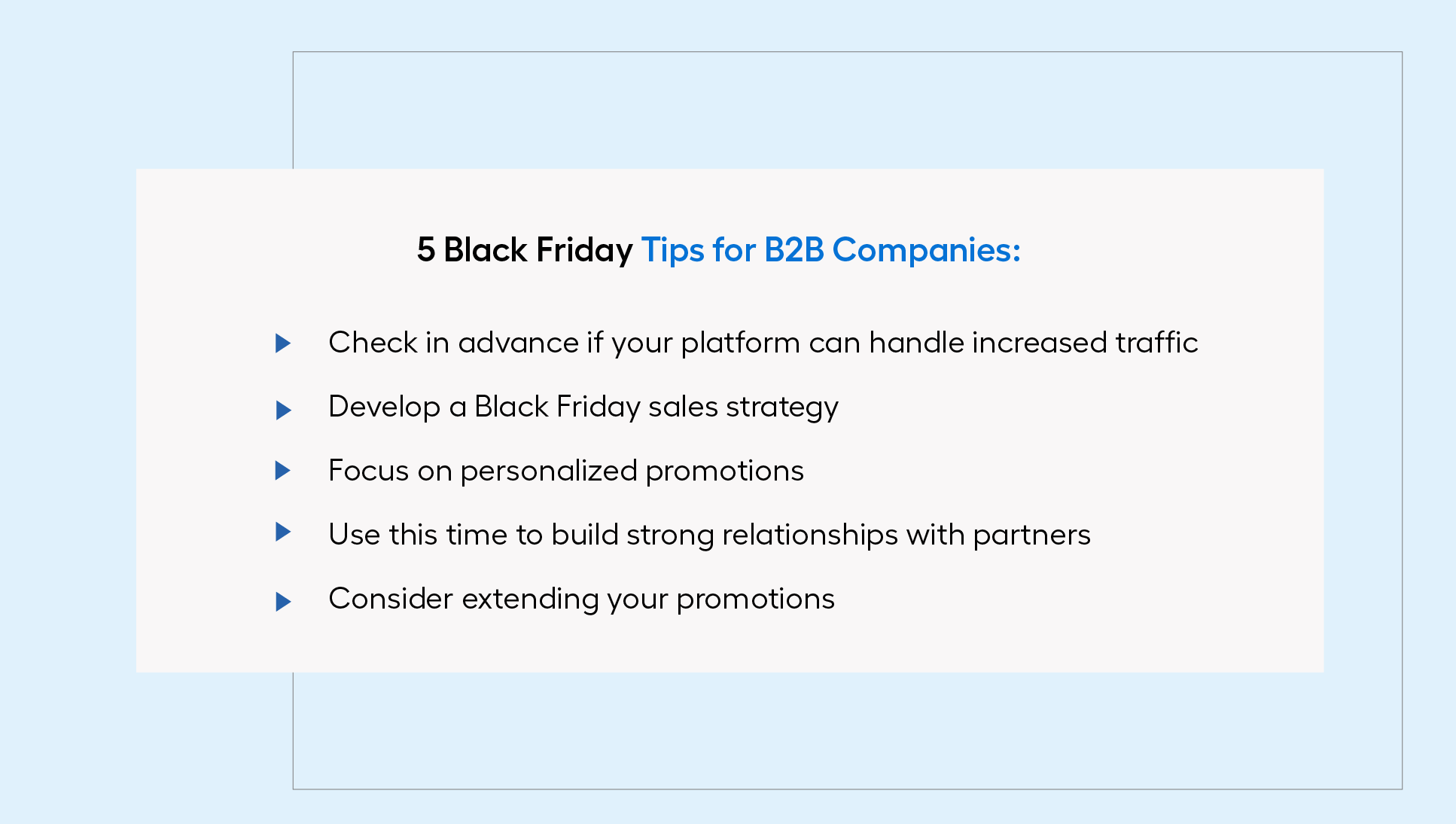
1. Check the performance of your B2B platform in advance
Before Black Friday begins, make sure your platform is optimized and ready to handle increased traffic. It's worth conducting performance tests at least a few weeks before the planned promotion, so you have time to make any necessary adjustments. Technical issues and slowdowns can easily discourage partners from taking advantage of your offers. Ensure your website runs smoothly so customers can place orders and benefit from promotions without any hassle.
2. Create a solid strategy
To effectively capitalise on Black Friday in B2B, it’s best to start preparations well in advance. Think about what types of promotions will stand out from your standard offers. Also, consider which communication channels will be most effective (e.g., email marketing or phone contact) to inform your business partners about the promotion. Early planning will help create cohesive and effective campaigns that attract attention and lead to larger orders.
3. Focus on personalised promotions for specific partners
Personalization is a key factor that can determine the success of a Black Friday campaign in the B2B sector. Preparing individual promotional offers tailored to the needs and purchase history of specific partners can not only increase the value of their shopping cart but also strengthen business relationships. This is an excellent opportunity to engage less active clients and remind those who occasionally use your offer. Personalised discounts are not only a financial benefit for the client but also a clear signal that you value relationships and understand the specific needs of your business partners
4. Think beyond discounts
Unlike B2C customers, who mainly expect big discounts, in the B2B sector, Black Friday is a great opportunity to build deeper business relationships. Special promotions can be combined with additional benefits, such as extended payment terms, free shipping, or dedicated terms of cooperation. This way, you can attract the attention of your partners and build a long-lasting relationship based on trust.
It’s also worth considering a long-term loyalty strategy – instead of treating Black Friday as a one-off event, use it as the start of a broader collaboration that brings value over the coming months. For example, you could announce a loyalty program on that day, where clients collect points for orders they place and later exchange them for additional discounts or services.
5. Consider extending the promotion
Black Friday doesn’t have to be limited to just one day. More and more companies are extending the promotional period to a whole week ("Black Week") or even until the following Monday, known as Cyber Monday. In the B2B sector, where decision-making processes are often more complex and require the approval of multiple people, this extra time can be crucial.
A longer promotional period also provides an opportunity to reach clients who, for various reasons, cannot react to an offer immediately. Sometimes, companies are dealing with multiple projects simultaneously, and the decision to purchase may be pushed back. Extending the promotion gives partners more time to contact your sales department, get the necessary information, and make an informed decision.
Black Friday for business – will you make the most of its potential?
A Black Friday promotional campaign can be an effective step toward boosting sales in the B2B sector, provided you keep a few important factors in mind. First, the strategy must be adapted to the specifics of your business and the expectations of your partners. Promotions should be well thought out and consider the needs of business partners, so they can serve as a foundation for future collaboration. Remember that a successful promotional strategy is not just about a quick profit – it’s primarily an investment in long-term relationships with business partners, which can lead to greater loyalty and stable sales growth in the future.
